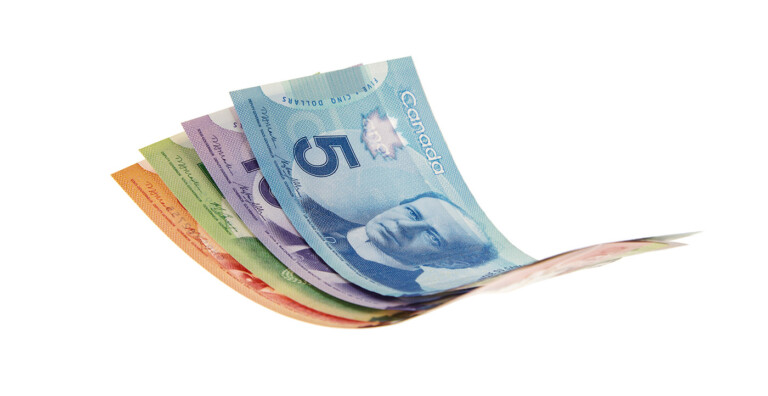
The Canada Revenue Agency (CRA) is setting its sights on the multi-million-dollar contracts of professional athletes playing for Canadian sports teams, scrutinizing whether certain “signing bonuses” were truly inducements to sign, or simply regular compensation disguised as such.
Athletes targeted by CRA include six-time NHL All-Star John Tavares and former Toronto Raptors guard and NBA champion Norman Powell. Both have appealed the CRA’s assessments to the Tax Court of Canada, which will determine whether their signing bonuses were inducements and taxed at a reduced rate, or regular employment income subject to millions of dollars in additional tax.
The Tax Treaty Issue
At the heart of these disputes is Article XVI(4) of the Canada–U.S. Tax Treaty (the “Treaty”), which governs taxation of cross-border athletes. Many athletes playing for Canadian teams are U.S. residents or citizens, which can subject them to taxation in both countries.
Under the Treaty, regular employment income earned in Canada by a U.S. resident athlete is taxed at normal Canadian rates (often over 50% when factoring in provincial taxes). However, inducement payments, amounts paid to persuade an individual to sign a contract, are taxed at a maximum of 15% in Canada.
That differential is significant. For athletes signing contracts worth tens of millions of dollars, structuring compensation as an inducement can result in millions in Canadian tax savings.
Tavares’ Contract: A Case Study
Naturally, compensation for athletes of Canadian teams is often structured so that a large portion of the compensation is a signing bonus, which would be eligible for the lower 15% tax rate under Article XVI(4) of the Treaty.
Consider John Tavares’ seven-year contract with the Toronto Maple Leafs:[1]
| Year | Salary (USD) | Signing Bonus (USD) |
| 2018-2019 | $650,000 | $15,250,000 |
| 2019-2020 | $910,000 | $14,990,000 |
| 2020-2021 | $910,000 | $11,090,000 |
| 2021-2022 | $910,000 | $8,440,000 |
| 2022-2023 | $910,000 | $7,040,000 |
| 2023-2024 | $910,000 | $7,040,000 |
| 2024-2025 | $910,000 | $7,040,000 |
| Total | $6,110,000 | $70,890,000 |
The question in dispute, however, is whether these “signing bonuses” were genuine payments for signing the contract (an inducement), or simply payments tied to playing hockey, and thus regular employment income. If the contract stipulates that the bonuses are forfeited if Tavares ceases to play hockey, this may indicate the payments are conditional on performance and therefore taxable as regular employment income.
If CRA succeeds in arguing that the “signing bonuses” were not an inducement, Tavares could face millions in additional Canadian tax.
Implications for Canadian Sports
Tavares and Powell are not alone. Former Maple Leafs Jake Muzzin and Patrick Marleau have also appealed CRA assessments of their signing bonuses, relying on the same provision of the Treaty.
Dedicated sports fans will be following these disputes closely, since the outcome could affect Canadian teams’ ability to attract top talent. American teams, particularly those in states with no income tax, already have a tax advantage. The Florida Panthers, for example, have won back-to-back Stanley Cups and operate in a state with zero state income tax, making them financially more attractive to free agents.
It has been over 30 years since a Canadian team has won the Stanley Cup. The result of these cases may make it even more difficult for the Stanley Cup to come back home to Canada.
Need help navigating complex cross-border tax issues?
Contact a member of our Tax group for assistance on any cross-border tax issue.
[1] Reply in Tavares v The King, 2024-212(IT)G at para 17.



